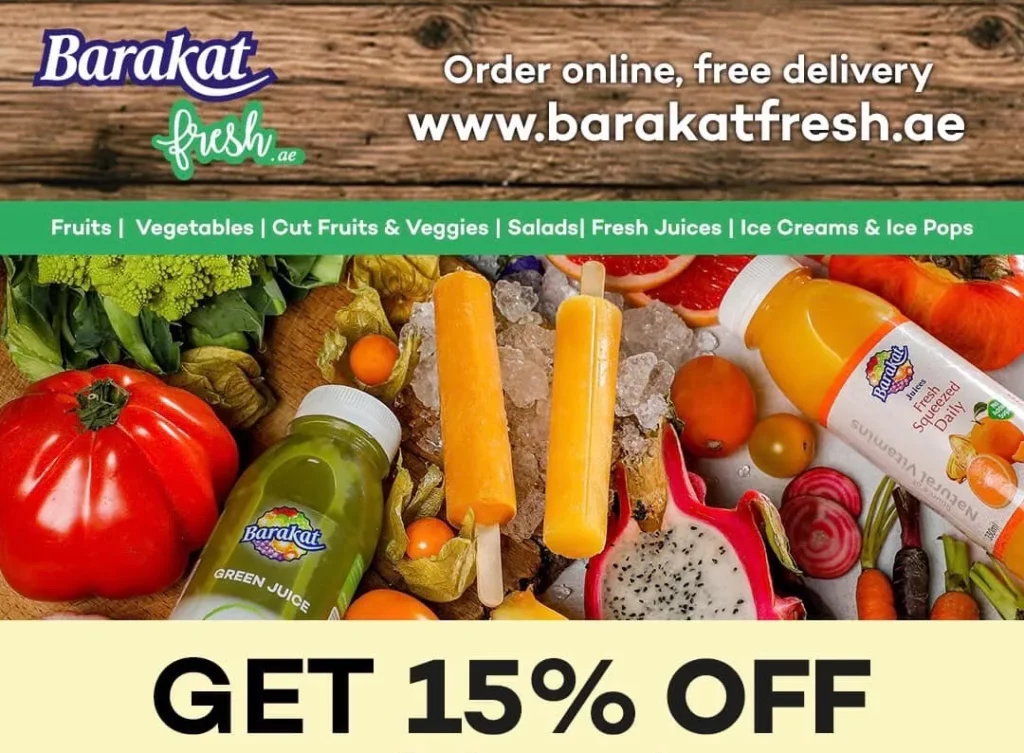The digital transformation has reshaped numerous aspects of our lives, including how we protect groceries. As online grocery platforms gain popularity, there is a growing emphasis on sustainability. These platforms aren’t precisely about luxury; they are also becoming vital to reducing the wastage of food and fruits like mango, banana, etc., and backing eco-friendly practices.

Reducing Food Waste Through Smart Inventory Management
One of the major advantages of online grocery platforms is their capability to manage force more efficiently. Traditional stores frequently face challenges in predicting demand directly, leading to overstocking or understocking. On the other hand, digital platforms use data analytics to read demand, ensuring that grocery items are stocked in optimal amounts. This perfection reduces the liability of unsold food particulars from blueberry to staples, contributing to a significant reduction in food waste.
Optimized Delivery Routes for a Lower Carbon Footprint
Effective logistics are pivotal in the online grocery geography. Digital platforms use sophisticated algorithms to optimize delivery rows, reducing energy consumption and minimizing emissions. By consolidating orders and prioritizing eco-friendly transport options, these platforms contribute to a lesser footprint. Some platforms even provide delivery options like electric instruments and bike couriers even for smaller deliveries of fruits like coconut to our everyday needs. Further, they’re enhancing their sustainability credentials.
Promotion of Locally Sourced and Organic Products
Online grocery platforms are decreasingly prioritizing locally sourced and organic products. By partnering with local farmers, these platforms reduce the environmental impact associated with extended transportation and conventional farming practices. Locally sourced productions not only support the initial economy but also promote seasonal eating, aligning with eco-friendly principles.
Waste Reduction Through Innovative Packaging Solutions
The environmental effects of excessive packaging are just too harmful, and platforms are now trying their best to create better strategies. This involves employing recyclable and biodegradable packaging materials. Similarly, several platforms are looking at packaging-free choices or encouraging visitors to return packing for reuse and recycling. By emphasizing sustainable packaging effects, online grocery stores help to reduce plastic toxins and other environmental repercussions.
Educating Consumers on Sustainable Choices
Beyond functional practices, online grocery platforms educate consumers on sustainable choices. Through user-friendly interfaces, product labeling, and educational content, these platforms empower users to make informed opinions. Whether it’s pressing the environmental benefits of factory-grounded products or furnishing tips for reducing food waste at home, digital platforms play a pivotal part in fostering eco-conscious actions among consumers. By integrating sustainability into the user experience, online grocery platforms contribute to broader societal shifts towards further sustainable consumption patterns.
Encouraging Bulk Purchases and Reduced Packaging
Many online grocery platforms promote bulk purchasing options, allowing customers to buy essential items in larger quantities. By doing so, these platforms reduce the frequency of deliveries and associated packaging materials. Additionally, by offering products in bulk or family-sized portions, online platforms encourage consumers to make fewer, more substantial purchases, thereby reducing overall packaging waste of orange Juice. Some platforms also reward customers for opting for minimal packaging or reusable containers, further emphasizing their commitment to sustainability.
Collaboration with Food Banks and Donation Programs
To manipulate food waste and brace communities, several online grocery platforms unite with food banks and contribution programs. Rather than discarding fat food particulars or productions nearing their expiration dates, these platforms transport them to associations that distribute food to those in want.
By easing charities and establishing relationships with original charities, online grocery platforms contribute to addressing food instability while minimizing waste. This cooperative path fosters community engagement and underscores the platforms’ devotion to environmental sustainability.
Renewable Energy and Sustainable Operations
- Leading online grocery platforms prioritize sustainability across their missions, involving renewable energy sources.
- By transitioning to solar, wind, or other renewable dynamism sources, these platforms reduce their carbon copy footmark and dependence on fossil energies. Likewise, sustainable storehouse practices, dynamic, effective transportation lines, and waste reduction enterprises are native factors of their eco-friendly strategies.
- By integrating renewable energy and sustainable practices into their missions, online grocery platforms demonstrate a holistic devotion to environmental administration and long-term sustainability.
Conclusion
The rise of online grocery platforms represents more than just a shift in shopping habits; it’s a transformative force driving sustainability in the food world. From smart force operation and optimized delivery logistics to promoting locally sourced products from berries to pulses and innovative packaging results, digital platforms are in the vein of eco-friendly practices. With reduced food waste, educated consumers, and other additions, online grocery platforms are paving the way for a more sustainable environment.